Difficulty in getting back one's land
In the early 2000s, according to the policy of the Ho Chi Minh City People's Committee, production facilities had to be relocated to the suburbs to avoid environmental pollution. Meanwhile, factory land in the central area would be planned for urban and service purposes.
At this time, industrial zones are very few, the area is sometimes not suitable. While many suburban lands have residential land use planning, but there is no 1/2,000 subdivision planning, which is not suitable for building factories. A proposed solution is that individuals or businesses with land will hand it over to the state. From here, the state will lease their own land to land users to build factories (non- agricultural land) with annual payments, short-term lease contracts, 5 years or 10 years.
However, when the lease contract expires or the enterprise wants to liquidate the land lease contract and reissue the pink book in the current or previous condition, it will encounter many problems.
A typical example is the case of Mr. Cao Cuong in Binh Chanh District, old Ho Chi Minh City, who implemented the policy of moving his production facility to the suburbs in 1990. With the approval of the People's Committee of Binh Chanh District, Mr. Cao Cuong bought a plot of agricultural land with a pink book, an area of 5,930m2 . In 2006, he transferred the above land to the company of which he was the business owner to request a change of purpose to land for production and business.
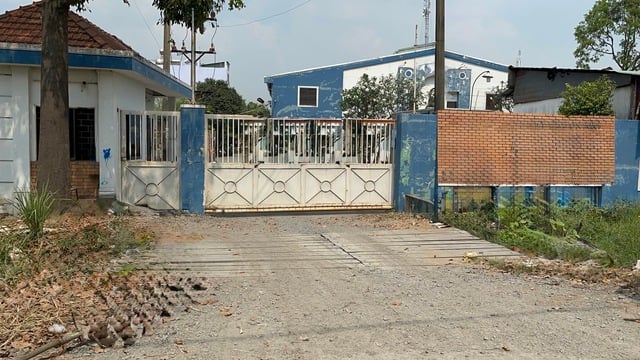
Mr. Cao Cuong had to rent his own land.
However, because the land belongs to the existing residential renovation planning, there is no approved detailed construction planning at a scale of 1/2,000, so the People's Committee of Ho Chi Minh City approved the policy for him to hand over the land to the People's Committee of the old Binh Chanh District to lease to his company for 10 years (2010 - 2020) on an area of 5,150m2 for factory construction, paying annual rent, the remaining 780m2 (including 380m2 behind and 400m2 in front of the land) belongs to the canal protection corridor, so it remains agricultural land.
By 2017, near the end of the lease term, Mr. Cao Cuong's company submitted a written request to extend the lease but was not approved because the area was zoned for residential use, while the factory was for production and business purposes. Therefore, in 2018, the company completed procedures to return the land to Mr. Cao Cuong personally. During this time, he also submitted many applications to request an extension of the land lease, change the land use purpose, or reissue the pink book according to the current or original status for continued use when the lease term expires.
However, the settlement process took many years, until 2024, he was able to convert 4,800m2 into residential land but had to pay 100% of the land use fee without deducting the agricultural land price. The remaining 350m2 of production and business land was not allowed to convert to residential land, but he was not granted a pink book and was forced to renew the land lease and pay the annual rent.
Similar to the case of Ms. Phuong, in order to build a factory, in 2010 she had to "hand over" 4,890 square meters of her land to the People's Committee of Binh Chanh District, then her company had to sign a contract with the state to lease the above land area. In 2018, the company handed over the above land to Ms. Phuong. But according to regulations, she can only continue to lease her land for the remaining time until 2020. For many years, Ms. Phuong has applied for a re-issuance of the pink book for the land with the same purpose but has not been successful yet. Meanwhile, if she changes the land use purpose to residential land, with the above area, according to calculations, she will have to pay more than 160 billion VND in taxes, an amount so large that she falls into an extremely difficult and dilemma situation.
Proposal to reissue pink book
Mr. Cao Cuong said that there are many similar problems across the country. Individuals who create their own land but want to build factories must hand it over to the state and then have to rent their own land. But now that the lease contract has expired, the landowner will not be granted a pink book in its original state. If they are unable to continue renting the land, the state is also "in a dilemma" because current laws do not clearly regulate this. If the purpose is changed to residential land, the value of the land is calculated as 0 VND when calculating tax. This calculation is similar to calculating land use fees for public land that businesses rent. Such regulations give rise to many consequences regarding assets, investments, mortgages, transactions, etc.
Lawyer Tran Minh Cuong, Ho Chi Minh City Bar Association, also said that the current Land Law 2024 and Decree 103/2024 have created difficulties, obstacles, and inadequacies that many people and businesses are facing when carrying out procedures to change land use purposes and liquidate land lease contracts for non-agricultural land leased with annual rental payments that originate from self-established land, not public land leased.

Up to now, Ms. Phuong's land has not been converted to residential land.
Decree 103/2024 does not clearly distinguish between private land with annual rental payments and state-leased public land. Due to the lack of this distinction, when converting to residential land, both types of land must pay 100% of the residential land use fee according to the land price at the time of conversion (land value is 0). As a result, land users must pay much higher land use fees than other agricultural land plots because the actual land value that the land user spent to buy the land is not calculated.
While the law currently does not have a mechanism that allows people to be reissued pink books in the current state or as before leasing the land when terminating a land lease contract. However, the law also does not have regulations on land recovery in this case, causing many problems in issuing pink books when the land lease contract ends for people and businesses. This leads to the emergence of interspersed, small, abandoned land, difficult to manage, and unable to trade.
Therefore, Lawyer Tran Minh Cuong proposed to amend and supplement Decree 103/2024 on land use conversion fees for land leased with annual rental payments originating from households and individuals, inherited or self-created, not public land leased by the State. When converted to residential land, the land use fee is calculated as for non-agricultural production and business land or agricultural land at the time of land use conversion, not applying 100% of residential land price. In addition, these cases have the right to terminate the lease contract before the term if there is no longer a need and be re-issued a pink book according to the current status or type of land before leasing.
Source: https://thanhnien.vn/nghich-ly-doanh-nghiep-phai-di-thue-dat-lai-cua-chinh-minh-18525100809182116.htm


![[Photo] Opening of the World Cultural Festival in Hanoi](https://vphoto.vietnam.vn/thumb/1200x675/vietnam/resource/IMAGE/2025/10/10/1760113426728_ndo_br_lehoi-khaimac-jpg.webp)



![[Photo] Ho Chi Minh City is brilliant with flags and flowers on the eve of the 1st Party Congress, term 2025-2030](https://vphoto.vietnam.vn/thumb/1200x675/vietnam/resource/IMAGE/2025/10/10/1760102923219_ndo_br_thiet-ke-chua-co-ten-43-png.webp)
![[Photo] Unique Phu Gia horse hat weaving craft](https://vphoto.vietnam.vn/thumb/1200x675/vietnam/resource/IMAGE/2025/10/10/1760084018320_ndo_br_01-jpg.webp)


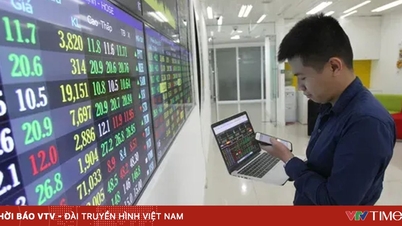



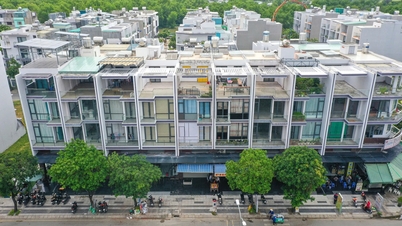

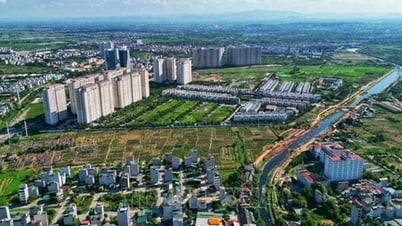
































































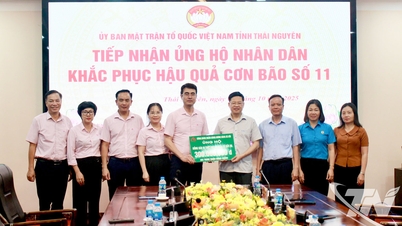



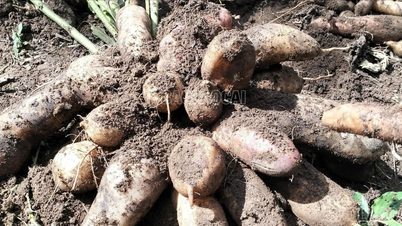















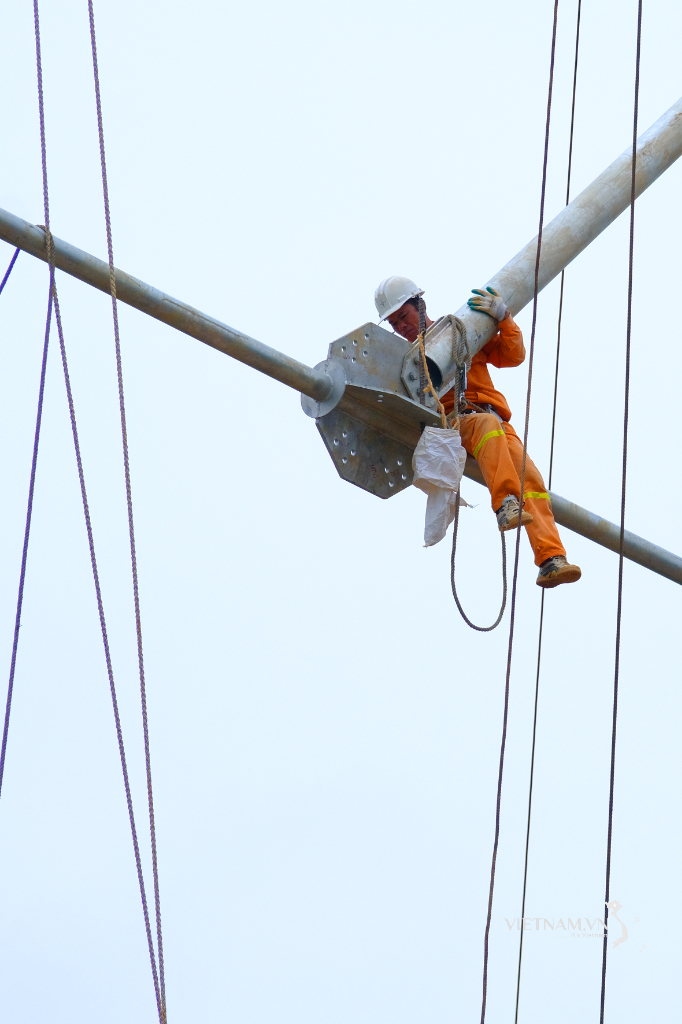


Comment (0)